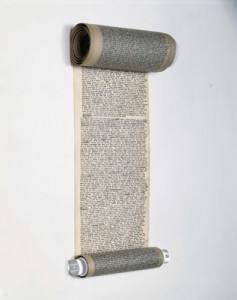“The difficulty lies not so much in the developing of new ideas as in escaping old ones.”
~ John Maynard Keyes
If writing is my addiction, developing ideas is my obsession. Once I have a premise, especially a good one, I will mill it over for days. The strange thing is that more often than character traits and plot lines, I get flashes of language and dialogue.
Even when I am not actively working, I am writing in my head, constructing quotes. Anyone who has read my writing knows I enjoy linguistically lining up sounds and syllables. I wiggle words against each other, hoping the verbs vibrate and the tone trembles.
My journalistic training singles out sound bites, excavating bits of dialogue from syllabic slabs. I attempt to craft art, and in the process develop character and plot.
This may sound odd, but it has always worked for me. It’s how my writing brain functions. I don’t seek out the sound bites. They show up while I obsess about my premise. I write them down for later use while ideas take shape.
My one rule is that I will never force a favorite phrase into a story. If I have a beautiful metaphor, but it doesn’t seem natural in context, I won’t use it. I’ll save it for later.
Cannibalism is allowed in art. If it doesn’t work on its own, if the idea doesn’t have enough heft for a full story, that doesn’t mean it is bad. What may not drive a novel may be perfect for a short story or a sub-plot. A protagonist who can’t carry the conflict may be a great supporting character, a sequin sewn in to the fabric of another story. It is decorative, but still helps the new piece shine.
I don’t believe in broken premises. If I can’t make it is work, it isn’t necessarily a bad idea. I’m just not the artist needed to pull it off. I won’t waste a ton of time chasing an idea that isn’t working for me. I’ll lay it aside, but never get rid of it entirely.
In writing, you eat your dead. Someday, the abandoned premise, approached from a fresh perspective, may speak to me. Twice now, I have re-written stories several years later and found them to work in ways they never could have when I originally wrote them.
An artist changes over time, and characters I could only pretend to understand as a college kid are brutal reflections as a 32 year-old divorced father.
Never throw away an old idea. Maybe it isn’t a bad idea; it is just ahead of its time, waiting for you to catch up.

